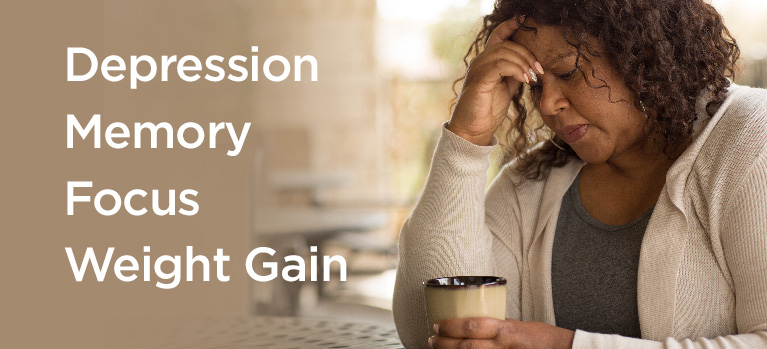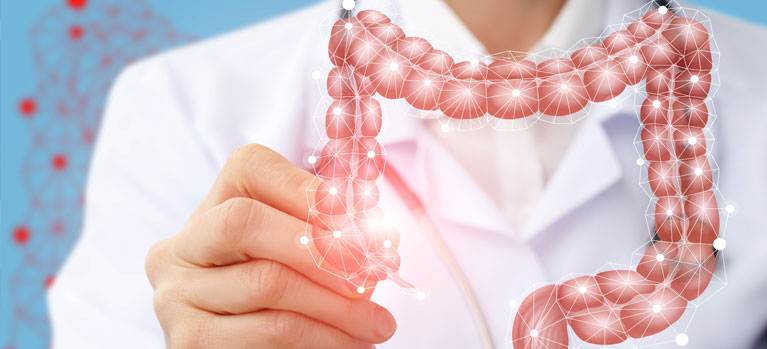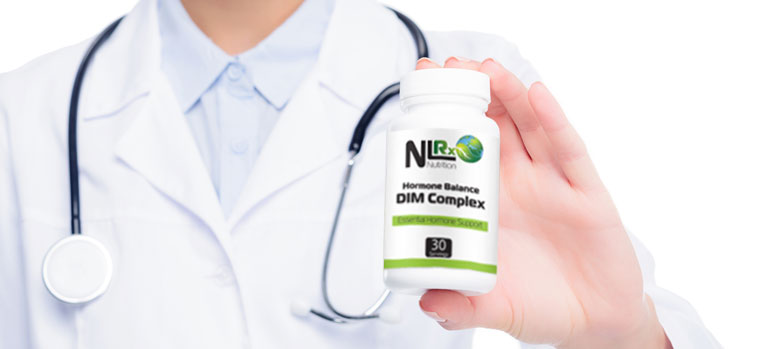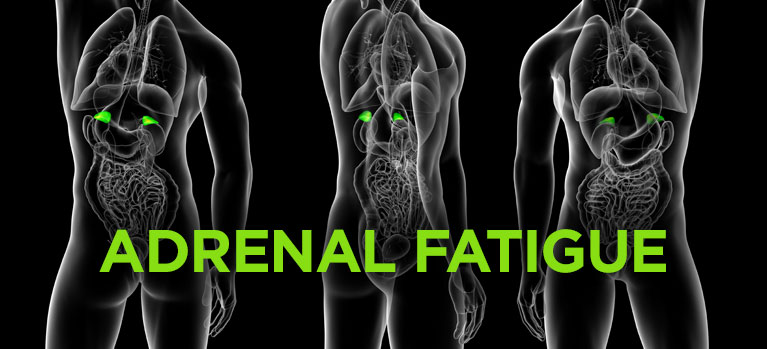Celebration of Health
June 3, 2021 | 9am – 5pm
We are offering give aways, demo’s and specials that we have never offered before!
We are giving all who attend a FREE B-12 injection! Please join us!
New Leaf Wellness has a simple mission – your health. Our commitment is not only the science, the reports and diagnosis, but also the healing, comforting and support that you need.
New Leaf is a partner with you for your life in wellness. What makes us able to help YOU uniquely? The fact that many of us are patients and have dealt with the same issues you are dealing with. That’s what makes our lives so enriched – holding your hand with understanding as you take each step of a journey we have walked ourselves. This last year all of us learned how precious health is so we are having a Celebration of Health on June 3rd.
Remember there is good news for those who suffer from hormone deficiencies, weight issues, migraines, or other health concerns: There are solutions. Schedule a time for a complimentary consultation and sit comfortably one on one with a coordinator to explore what you want from life, what the journey can look like, and how to reach your goals with help from New Leaf. There are no shortcuts to wellness and happiness. We’ve helped thousands – let New Leaf help you reclaim the life you love and come to the Celebration of Health.
GIVEAWAYS!*
Plasma Pen Treatment (valued at $600)
Microneedling with PRP (valued at $349)
3 Month IV Vitamin Therapy Club Membership (valued at $765)
SPECIAL VALUE OFFERS
Hydration IV $39.00
Botox EXCLUSIVE pricing (limited)
Special Offers on Hormone, Low T and Weight Loss Evaluations
25% off Supplements & Skincare
50% OFF Plasma Pen, Microneedling and Facials
One Day Only Special Prices!
FREE B-12 Injections for EVERYONE!*
*Must meet with a consultant to confirm eligibility!


















